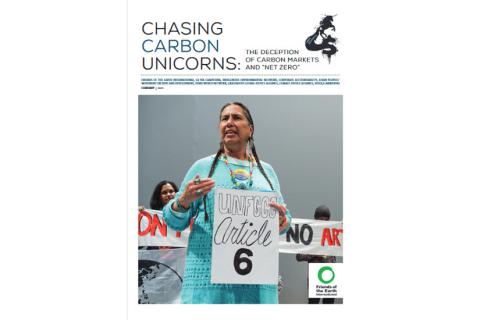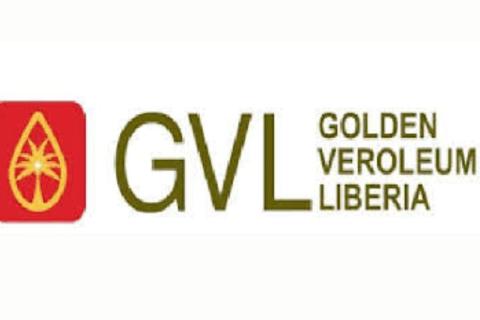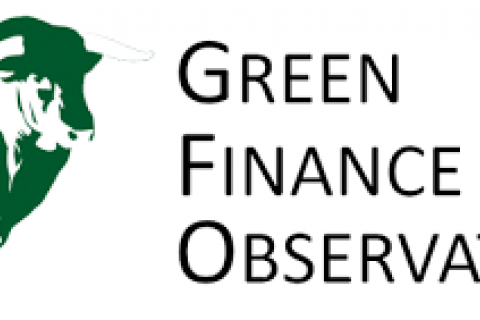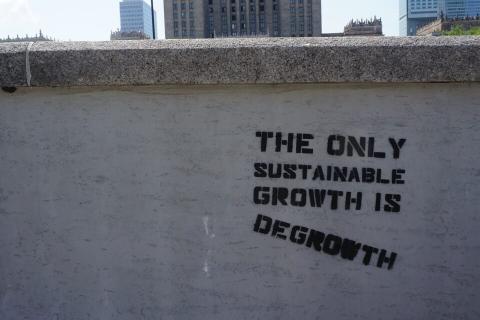A recent publication unpacks the science behind “net zero” claims and how they are used to obscure climate inaction. It explores the new strategies to expand carbon offset markets, linked with new “net zero” demand for offsets. The publication supported by nine organizations concludes that a future with fossil fuels will require carbon unicorns. Read the publication in English here.
Other information
A demand is being presented before the United Nations to verify the negative impacts and the possible violations of human rights in Uruguay due to the conditions established in the investment contract signed between the Finnish multinational UPM and the Uruguayan government for the installation of a new pulp mill in Uruguay.
A new video clip entitled “Cabo Delgado Weeps”, produced by Justiça Ambiental JA!, aims to help in the struggle against the gas project in Cabo Delgado, Mozambique Watch here the video clip in Portuguese with English subtitles here.
On February 2021, a comprehensive report confirmed longstanding allegations that Golden Veroleum Liberia, a venture controlled by the Singapore-listed conglomerate Golden Agri Resources (GAR), the world’s second largest palm oil company, committed widespread deforestation over a thousand hectares of forest, as well as violated the land and cultural rights of local communities, including the right to free prior and informed consent and social requirements on basic needs and grievance and remedy.
EU’s restrictions on palm oil-based fuels are portrayed by the government of Malaysia as a threat to thousands of small holders relying on the industry. However, are the majority of oil palm smallholders and workers earning a handsome income? While Malaysia takes pride in being one of the world’s biggest oil palm producer, most plantation workers, especially women and poor families, remain invisible as labourers who live in depressing conditions and earn a pittance. This is in striking contrast to the rich and powerful large-scale plantation owners.
Friends of the Earth organised the First session of the African Peoples Tribunal in Lagos, Nigeria, in November 2020. Affected communities and civil society presented testimonies on cases of human rights violations and environmental degradation connected with monoculture tree plantations from ten countries across Africa. In all cases, development banks, private banks, investment funds and pension funds from all corners of the world were found to be controlling and financing the controversial rubber, palm oil and timber plantation companies.
Focus on the Global South recently released its newsletter with a message from Asia, where, despite the pandemic and all its consequences, the dominant mood is defiance—not despair. Braving the risk of infection and challenging emergency laws that prohibit mass protests and severely curtail freedom of speech, people in India, Thailand, Indonesia, the Philippines and other countries have been gathering over the past several months to defend participatory democracy, justice and peoples’ rights, and build resistance against increasing autocracy and corporate power.
Recent calls to action to address critical loss of biodiversity are both long overdue and very welcome, but a parallel debate on the ‘how’ is missing. Yet the ‘how’ is arguably as important as the headline objective. The NGO Green Finance Observatory has released a video explaining the threats that are behind the main mechanisms used to further financialize nature’s destruction. Instruments and initiatives explained in the video include Offsetting, Nature Based Solutions, Zero Net Emissions, Natural Capital, among others.
Development discourse is intertwined with an array of concepts. It is impossible to talk about development without thinking about other ideas, such as growth or poverty. However development, being a discourse that cross-cuts the vast majority of economic and interventionist policies in territories—which many articles in this bulletin reflect upon,—is also intertwined with other concepts such as racism, rights and alternatives. That is why we bring previous bulletins to your attention, so that they can help unravel some of these concepts.
A sign-on statement denounces public development banks for financing companies and private projects that heavily impact communities, their food sovereignty and territories. From 9-12 November 2020, 450 finance institutions gathered for the first international meeting of public development banks, dubbed the “Finance in Common” summit, hosted by the French government. These institutions collectively spend $2 trillion a year on so-called development projects – roads, power plants, agribusiness plantations and more - claiming that these corporate projects drive growth and jobs.
The organization, Independent Producers of Piray, in Argentina, organized to stop the Alto Paraná company and the monoculture of pine trees. The Alto Paraná company was acquired in 1996 by multinational pulp company, Arauco. The peasant women and men resisted and achieved something rarely seen: expropriation of lands from the multinational company. The organization also produces food for food sovereignty.
The last bulletin related to the global pandemic from the organization Focus on the Global South encompasses seven articles that pose the question on how and if strategic economic transformations might emerge in this context.











